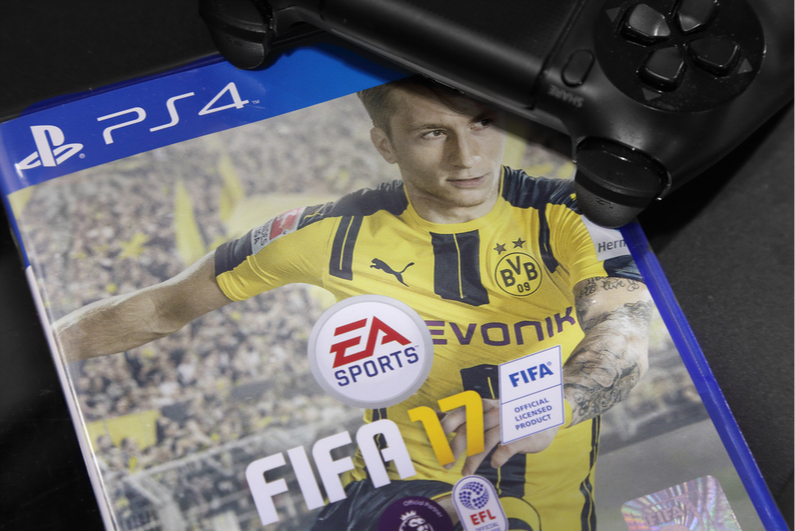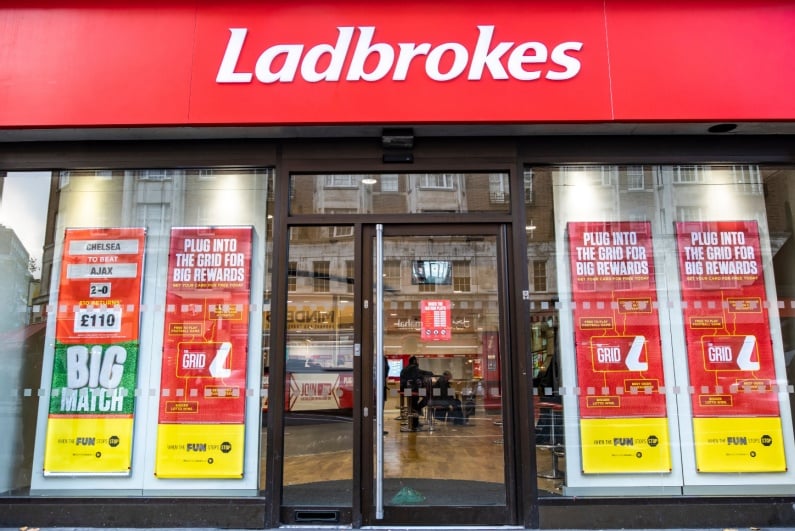Loot boxes called “illegal gaming”
Loot boxes in video games are under legal scrutiny again, as a class-action lawsuit has been filed in Canada against Electronic Arts (EA) over its usage of the game mechanic. Co-counsels Mathew P. Good and Anthony Vecchio QC filed the suit on behalf of plaintiffs in Ontario in British Columbia. The plaintiffs say they purchased loot boxes in EA’s NHL and Madden NFL games.
In total, the lawsuit lists 60 games in which Canadian customers may have purchased loot boxes since 2008, including the FIFA series, the NBA Live series, Apex Legends, Plants vs. Zombies: Garden Warfare 2, and entries in the Battlefield, Mass Effect, and Star Wars series.
equating them to “a game of chance inside a video game”
The defendants claim EA’s loot boxes constitute an “unlicensed, illegal gaming system,” equating them to “a game of chance inside a video game.”
The plaintiffs seek repayment for the money they spent on loot boxes and similar in-game purchases, other damages, and injunctions against the use of loot boxes.
Compared to slot machine psychology
The lawsuit compares loot boxes to slot machines, explaining that they utilize the same sort of “compulsion loops.” They both use, according to the plaintiffs, a “variable-rate enforcement schedule,” a psychology term for rewarding a subject at random intervals. This randomness combined with a reward results in the continuation of a behavior. The lawsuit claims this leads to both video game and gambling addiction.
While many would argue that loot boxes that contain items that provide no in-game benefit are generally harmless, the lawsuit says this is not the case. In Apex Legends, for instance, the plaintiffs say that certain rare costumes, or skins, are more prestigious than others, even though they do not help the player in any way.
an incentive for players to purchase multiple loot boxes”
“Players who use the default avatars are looked down on by other players,” the lawsuit says. “There is therefore an incentive for players to purchase multiple loot boxes in order to obtain more valuable and more prestigious rare cosmetic items.”
EA has been criticized before
Electronic Arts has been the subject of strong criticism in its use of loot box mechanics in recent years. The most notable was in the fall of 2017 when it released the highly-anticipated Star Wars Battlefront II. The game launched with a retail price of $60, yet still included microtransactions that allowed players to buy loot boxes that contained items to help them improve their characters. Some high-powered items were initially only available in loot boxes, furthering players’ complaints that the game was “pay-to-win.”
EA and developer DICE removed the best items from loot boxes and even got rid of microtransactions before the game made its official, post-beta launch. Microtransactions did eventually return, but only for cosmetic items.
Last summer, fans of the popular NBA 2K series lashed out at EA when the trailer for NBA 2K20 was released. The entire trailer featured loot box and gambling mechanics – even mini-games like slots and pachinko – in a game whose player base would clearly consist of children.
The company was also sued in August over loot boxes – in this case, Ultimate Team Packs – in the FIFA and Madden games. Plaintiff Kevin Ramirez, who represented over 100 people in the class-action suit, said he has spent over $600 on packs in both video game series since 2011.




